Germany’s chancellor Angela Merkel has sent out a strong warning to Donald Trump about the dangers of protectionism as the United States said it was preparing to impose fresh sanctions on imports from China.
Merkel used a speech to the World Economic Forum in Davos to stress the need for multilateral answers to global problems on a day when Trump’s commerce secretary, Wilbur Ross, prompted fears of a tit-for-tat trade war between Washington and Beijing.
With Trump due to make his own speech to the forum on Friday, Merkel said: “Protectionism is not the proper answer. If we are of the opinion that things are simply not fair, then we have to seek multilateral answers, and not pursue a unilateral protectionist course where we isolate ourselves.”
Earlier this week the US put hefty tariffs on Chinese solar panels and washing machines, but Ross said more sanctions were in the pipeline. “We don’t think that adhering to the rules is protectionist,” he said. “We think, in fact, it is essential to having markets operate properly to have people play by the rules.”
Ross said his country had been badly treated by the protectionist policies of other countries in the past, adding: “The difference is that the US troops are now coming to the ramparts.”
Ross served notice that the US was looking at the aluminium market, saying: “You are aware of the actions taken yesterday. You are aware of the some of the actions that have preceded it. There will be more to come.”
He said he was not concerned about the possibility Beijing might respond. “Every time you take a trade action, there is the possibility of the other side taking a trade action in retaliation,” he said, noting that a tit-for-tat from Beijing might lead to a ratcheting up of the US response.
Ross’s comments in Davos came amid speculation that the US would pull out of its free trade deal with Mexico and Canada, the North American Free Trade Agreement, unless it secures better terms.
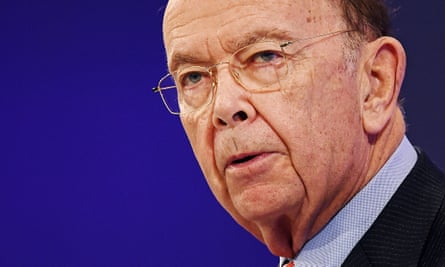
The head of the World Trade Organisation played down talk of a global trade war after the US said it was planning to take fresh action against Chinese imports.
Speaking to the Guardian, Roberto Azevêdo said countries were becoming more aware of the risks of a go-it-alone approach that would harm their poorest citizens the most.
The WTO’s director general said that a year ago the World Economic Forum’s annual meeting had been dominated by talk of Donald Trump’s protectionist policies leading to a trade war.
“We are here one year later without a trade war and I don’t think we have the makings of one yet,” Azevêdo added.
Azevêdo said that since 2008, only 5% of global trade had been affected by restrictive measures: “We didn’t see rampant protectionist pressures.”
Azevêdo said he expected the US president to maintain his tough approach to trade in his speech on Friday. “I wouldn’t expect him to change what he has been saying. He has had a very consistent approach towards international trade. He thinks the multilateral trading system has to be more responsive to economic reality and he would like to see reform.”
Azevêdo said every multilateral organisation, including the WTO, could be improved but echoed Merkel in warning against an isolationist approach, which he said would hurt poor people most.
He also said it would take time to untangle the UK from trade agreements the European Union has with other countries, especially the quotas governing imports into the single market.
The EU and UK want the quotas to be divided up after Brexit, but so far this has been resisted by other WTO members.
Azevêdo said he did not expect the status quo to be agreed without scrutiny, and predicted the process could take some time. “Every time they see the opportunity to negotiate, there is a tendency for negotiators to try to maximise the outcome. After the UK leaves the EU there will be new terms of contract. Other WTO members will say whether they accept them or not.”
- Follow Guardian Business on Twitter at @BusinessDesk, or sign up to the daily Business Today email here.

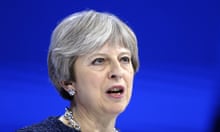
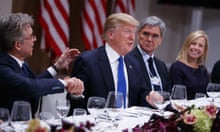
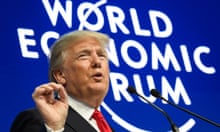
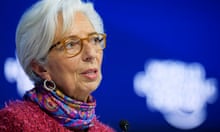
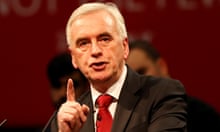



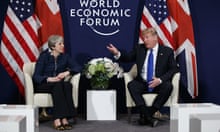

Comments (…)
Sign in or create your Guardian account to join the discussion